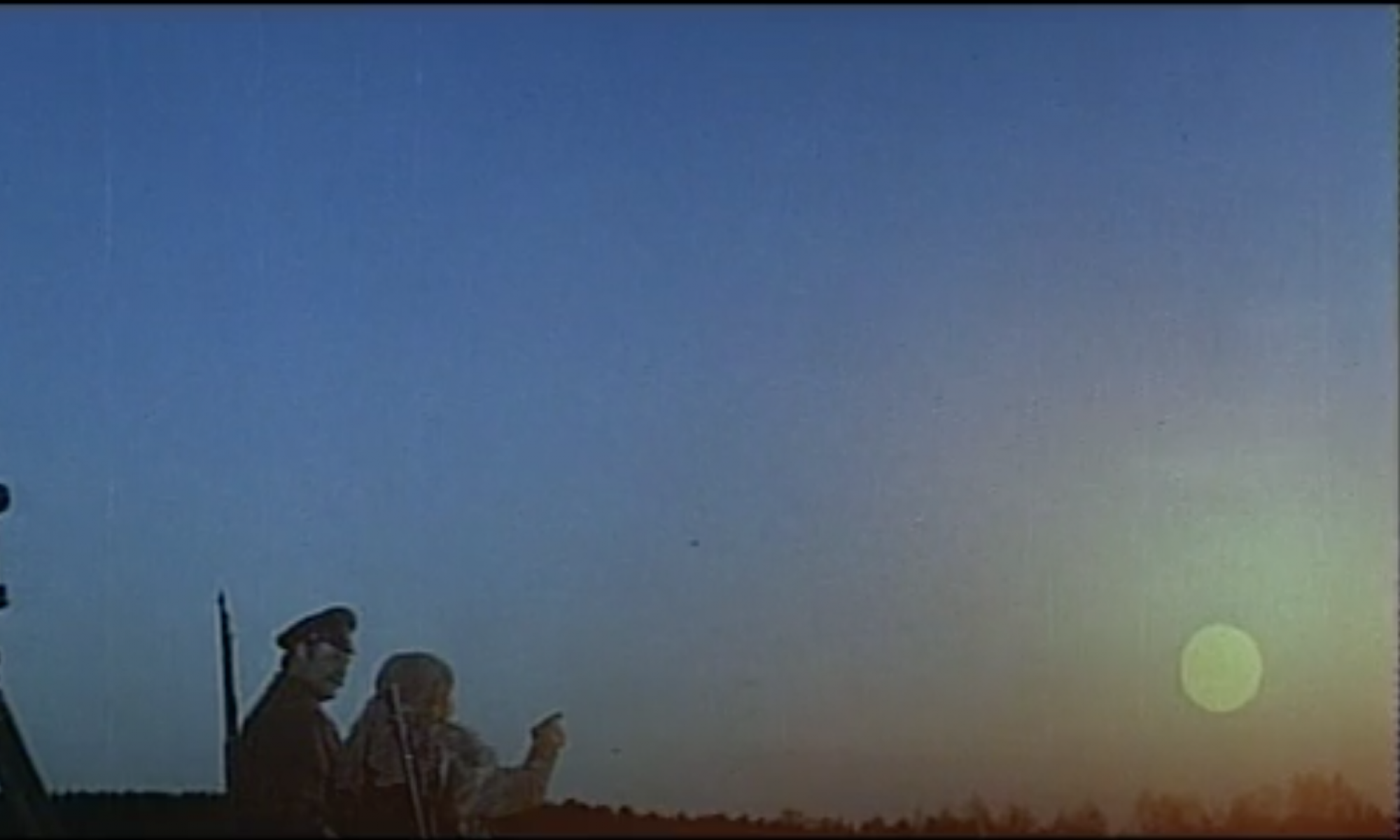This interdisciplinary event invites scholars of Russia and Japan to address the topic of Russo-Japanese cultural relations as a challenge to traditional binary views on the knowledge exchange between West and East as that between “colonizer” and “colonized,” seen exclusively through the prism of political and ideological hierarchies and power relations.
The case of Russia and Japan allows insight into a history with a different transnational dynamic—one which was conducive to cross-fertilization and formation of knowledge. This dynamic is polyvalent, multidirectional, complex, mutually enabling and constructive in its very dis-junctures and mis-understandings. Our premise is that the categories of “East” and “West” are themselves multi-layered and polyvalent, ridden with complex intellectual and social tensions and internal conflicts of interests which never allow the poles to translate into each other in a literal word-by-word binary fashion but always require a series of intentional and unintentional readjustments.
This proposal derives from the organizers’ long-standing interest in the new epistemological possibilities offered by the topic of “Japan’s Russia.” In his research on Japan’s modern intellectual life, Sho Konishi reopened the meaning of the “opening of Japan” (Kaikoku) to the world in the mid-19th century by focusing on the transnational non-imperial encounters between Russians and Japanese. He uncovered a major discourse on knowledge that resulted, which revolved around a notion of symbiotic nature of culture and encompassed spheres of language, literature, theatre, anthropology, ethnography, philosophy, entomology, primatology, biology, art and aesthetics. This discourse gave global significance and meaning to the Russo-Japanese cultural relations. Together, participants uprooted the temporality of Western modernity and its territorial utopia, which have been the sole lens to examine modern Japan and the Nonwest at large in our historiography. This conceptual trajectory uncovered by Konishi released the “father of modern Japanese language and literature,” Russianist Futabatei Shimei, from the given narrative of the Western impact on Japan. Konishi also revealed the religious trajectory behind the nationwide phenomenon of Tolstoianism in Japan, in which Tolstoy became the most translated figure in the entire history of modern Japanese translation practice. (See Sho Konishi, Anarchist Modernity, Harvard University Press, 2013, and Konishi, “Translation and Conversion Beyond Western Modernity,” Converting Cultures, eds. Dennis Washburn and A. Kevin Reinhart (2007), 235-265). These histories have opened up new avenues calling for the excavation of important intellectual voices and practices outside the fold of the East-West divide.
Olga Solovieva’s book in progress, entitled Russian Kurosawa, aims at destabilizing a fallacious East-West dichotomy dominating traditional approaches to Kurosawa in the postwar period. Russia, which nominally represents the West, has itself a famously double identity, implicit in its history of philosophical self-differentiation from the West. Dostoevsky and Tolstoy are well known for their struggles to define Russian identity as an “other” to Europe and to transform Russian Orthodoxy into a form of social ethics and non-dogmatic spirituality. Adopting Dostoevsky’s and Tolstoy’s discourse as a model for Japanese self-understanding after the Second World War, as Kurosawa did in Hakuchi/The Idiot or in Ikiru, for example, meant espousing the model of differentiation as such: this applied more broadly to other instances where differentiation was needed. (Olga Solovieva, “Kurosawa Akira’s The Idiot: Where the East Meets the West,” JJKC, 1.2 (2009): 129-142.
On the political level, considering the animosity that has characterized the official history of Russo-Japanese political relations, the high popularity of Russian culture and literature in Japan implies a subversive dimension in Japanese Russophilia. This dimension has informed the Japanese anti-statist, anti-hierarchical, pacifist and anarchist movements that also constitute an undercurrent of Kurosawa’s Russian films.
Thus, the case of Russia and Japan gives material for theoretically rethinking and reconfiguring the East-West paradigm not in terms of socio-geographical divides but in terms of more complex cultural and political tensions and marginalities within both cultures. The rich alternative thought and practices of ‘Japan’s Russia’ offer us the basis for a theoretical departure from the great dichotomy in global narratives of East and West, colonizer and colonized, white and colored, modern and post-modern. In so doing, they offer a fresh reflection on the future of the humanities and social sciences.
